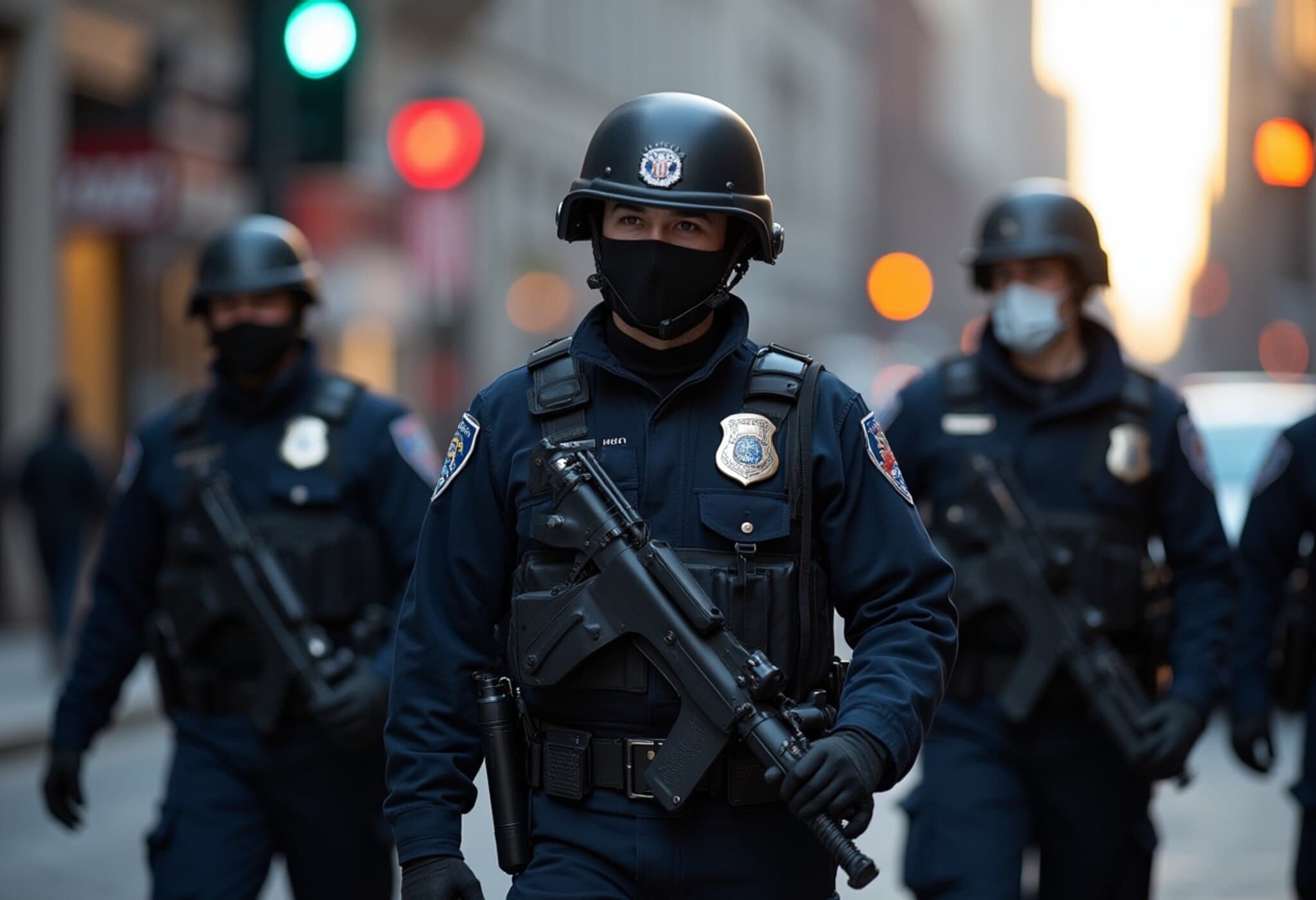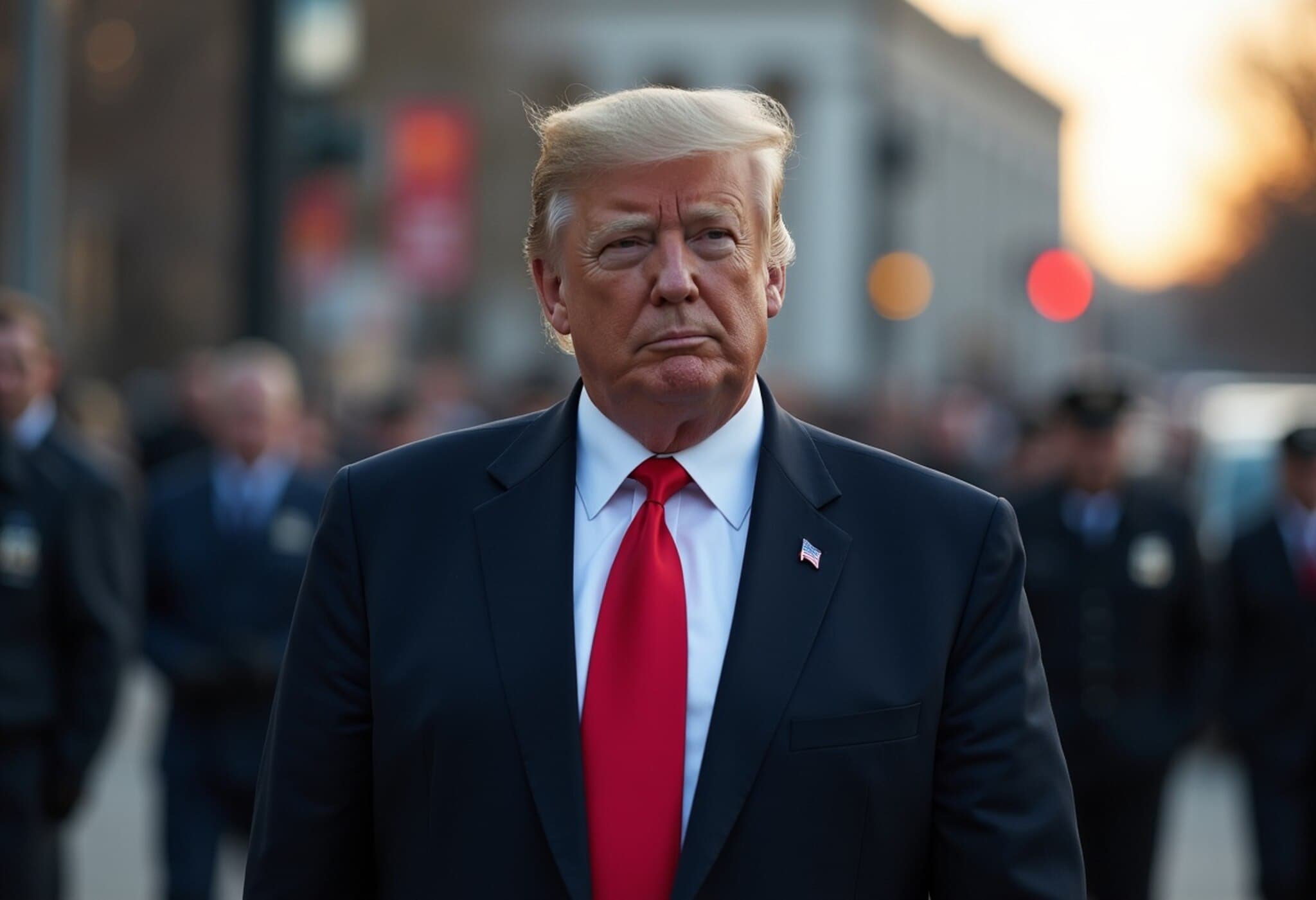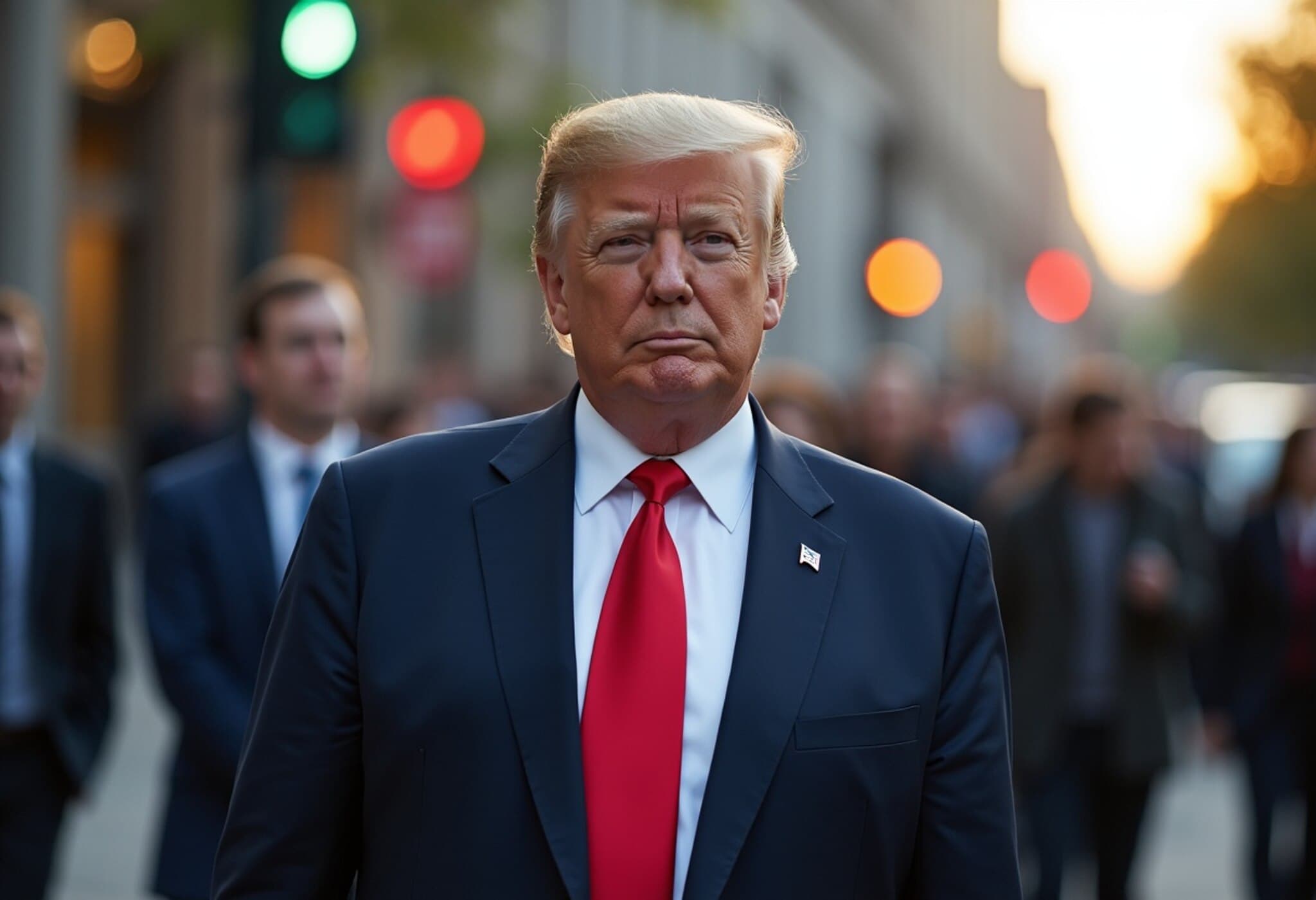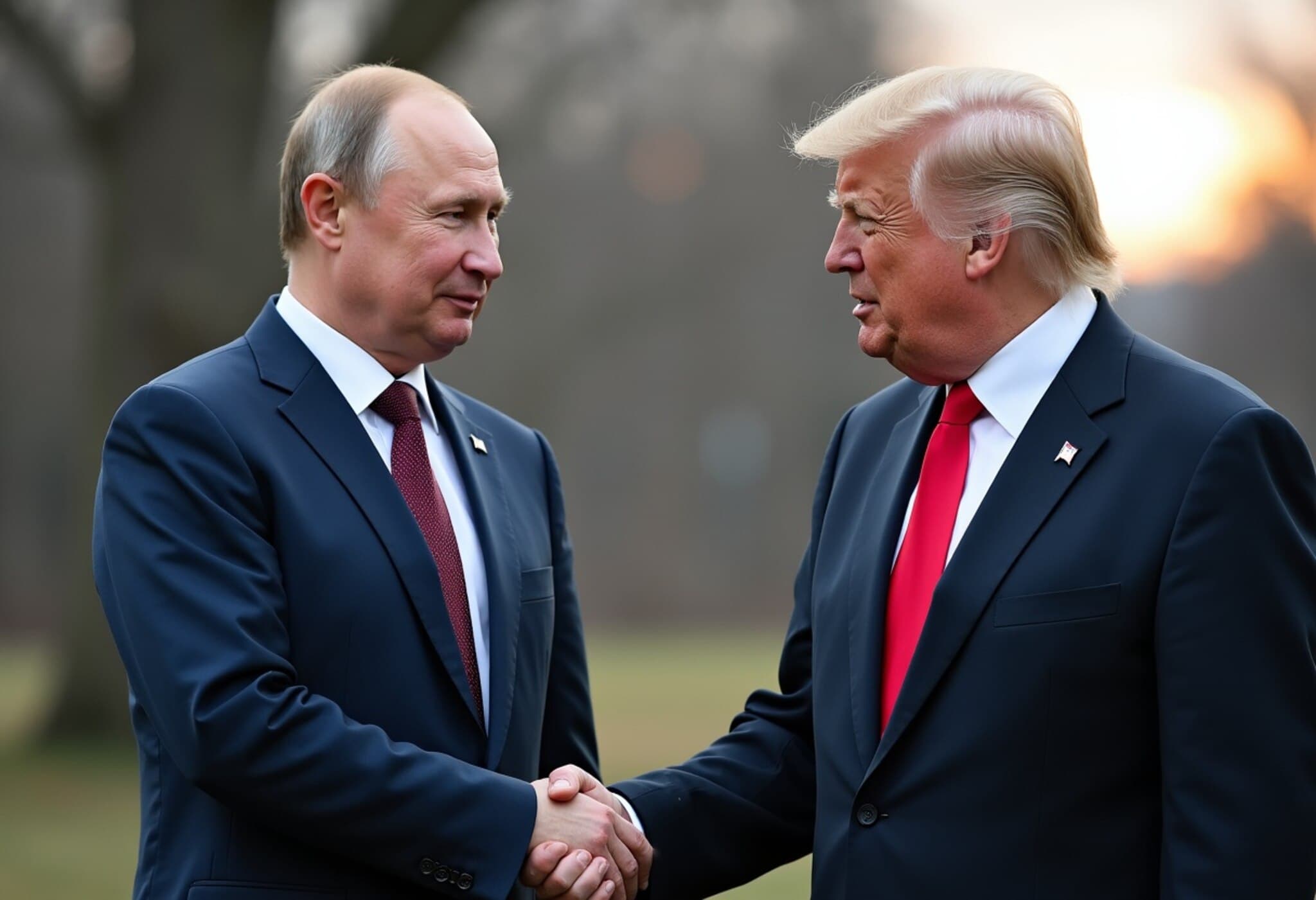Trump Administration Reverses Police Takeover in Washington DC
In a dramatic turn of events, the Trump administration has stepped back from its aggressive attempt to assume direct control over Washington DC's Metropolitan Police Department. This reversal follows intense legal challenges and mounting public outcry over what critics described as an unprecedented federal intervention into a city’s local law enforcement.
Background: A Legal and Political Flashpoint
On August 16, 2025, the Trump administration sought to replace Washington DC’s police chief by appointing a federal official as emergency head of the department. This controversial move was framed by the White House as part of its broader "tough-on-crime" and immigration enforcement agenda, including plans for accelerating deportations.
Attorney General Pam Bondi issued directives demanding cooperation between the city’s police and federal immigration enforcement, signaling a clear federal intrusion into the district’s traditionally autonomous law enforcement operations.
City Officials Push Back
Washington DC’s leadership swiftly responded with a lawsuit aimed at blocking the takeover. Police Chief Pamela Smith publicly condemned the federal action, warning it risked destabilizing law and order. She stressed in her court filing that in nearly 30 years of service, she had never witnessed a government action posing such a danger to public safety.
- Historic Assertion of Federal Power: The Trump administration’s move to control DC police was notable as the first such attempt since the 1973 Home Rule Act, which grants the city a level of self-governance despite its federal oversight.
- Legal Limits: The Home Rule Act allows the president to exercise police authority in DC for up to 30 days without congressional approval—a window Trump suggested might be extended, sparking significant concern.
- Escalation on the Ground: Over 1,750 federal agents, including National Guard troops, deployed across the city, targeting various security challenges ranging from immigration violations to serious criminal warrants.
Federal-City Tensions Illuminate Broader Issues
This clash highlights the perennial tension between federal authority and local self-governance, especially in politically charged environments like Washington DC—a predominantly Democratic city governed under a Republican administration. The legal contest underscored questions about the balance of power, residents’ rights, and effective policing amidst spikes in crime, homelessness, and national security concerns.
Legal Proceedings and Judge’s Intervention
US District Judge Ana Reyes presided over the case, signaling skepticism toward the administration’s interpretation of the law. While acknowledging the president’s enhanced powers, she emphasized that wholesale takeover lacked clear legal foundation and encouraged the parties to seek a compromise. The judge also threatened to issue a temporary restraining order against the appointment of a federal police chief if negotiations failed.
Community and Activist Response
The federal move ignited protests across DC, with hundreds rallying under banners demanding respect for "home rule" and denouncing federal overreach. Advocates for immigrant communities expressed alarm at the increased coordination between local police and immigration authorities, fearing escalations in tense encounters and erosion of trust.
On-the-Ground Realities
Federal agencies including the DEA, FBI, Secret Service, and Homeland Security intensified patrols in key neighborhoods and at landmarks. Notably, arrests included individuals with serious charges, but the operation also detained immigrants lacking legal status, highlighting the human complexities intertwined with law enforcement strategies.
Expert Analysis: Implications for Federalism and Policing
Legal experts note that this episode serves as a cautionary tale about the limits of executive power and the importance of respecting local governance structures, especially in unique jurisdictions like DC. The attempt to leverage obscure statutes and emergency powers illustrates how federal administrations might test constitutional boundaries during politically motivated campaigns.
Moreover, the case raises fundamental questions about how to address public safety challenges while maintaining community trust, particularly in diverse urban centers wrestling with immigration and crime. Washington’s situation reflects broader national debates over policing reforms, immigration enforcement, and the interplay between local autonomy and federal oversight.
Looking Ahead
As the Trump administration withdraws from its bid to control the DC police, attention now turns to ongoing negotiations and possible legislative responses. The legal framework governing DC’s autonomy may face renewed scrutiny, potentially influencing future federal-city relations and law enforcement policies in America’s capital.
Editor’s Note
This confrontation between federal power and local governance embodies the fragile balance that defines Washington DC’s unique political landscape. Beyond immediate legal wrangling, it raises enduring questions about democracy, community safety, and the limits of presidential authority. Readers are encouraged to consider the broader implications for civil rights, immigrant communities, and the evolving nature of policing in one of the nation's most politically significant cities.
















